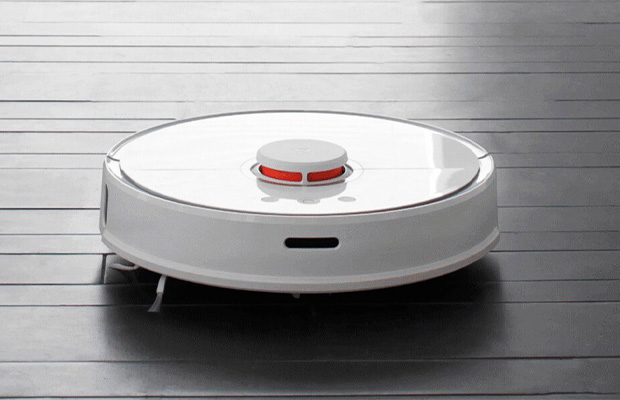Can you describe the sound of electricity? Have you ever noticed an indistinct humming sound coming from an electrical appliance and wondered, Is it possible to hear electricity? The ability to “hear” or “feel” electricity in devices is something that many people claim to be able to do.
If you pay close attention, you can hear the sounds of electricity humming all around you even if you haven’t heard them before. Even has a name of its own for the constant buzzing: “mains hum”. Electrical sounds are normal but usually quiet.
We’ll examine electrical noises in the home and determine when you should be concerned.
More Post: What Is A Camera PIR Detection?
Table of Contents
How Does Electricity Sound In Household Appliances?
Did you know that the humming sound we hear is a byproduct of the electricity produced when alternating current (AC) passes through a device or electrical panel? Ordinarily, high-voltage electrical appliances will produce more audible sound than low-voltage ones, but only those with sensitive hearing or when the appliance needs to be repaired will hear low-voltage appliances loudly.
Have you ever had a television interruption? Another source of electrical noise is a brief static burst that disturbs your enjoyable TV viewing. When you use your television and certain appliances at the same time, such as a hair dryer or a power drill, there may be interference. Don’t worry, companies have your delicate electronic devices connected to surge protectors and power conditioners to protect your appliances. This phenomenon can be significantly reduced and your devices will continue to operate as intended.
High-voltage Power Lines Are Buzzing
Corona discharge, which happens when the air near the power line is ionized, is usually the cause of the noise produced by overhead power lines. According to Robert Dent, president of the IEEE Power Engineering Society:
High-voltage lines emit audible noise due to the discharge of energy that happens when the electrical field strength on the conductor surface is stronger than the “breakdown strength” (the field intensity required to initiate an electric current flow in the surrounding air).
A hissing sound is essentially produced as errant electrical discharges move through the area around the power lines. When the humidity in the air increases conductivity, this happens more frequently at high voltage levels and in humid or wet weather. Although the sound may be unsettling, it usually does not endanger those nearby.

When To Worry About Electricity Noises?
The terse response to this is “anytime the noise is louder than usual.” Your life is surrounded by the buzz of alternating current produced by the wires, computers, monitors, lights, and everything else in your home. You should begin to consider it when the white noise starts to become more noticeable and obtrusive.
Unplug the appliance right away if you can identify the source of the noise as a specific appliance or fixture, such as a lamp. Additionally, we advise you to wait to plug anything else into that particular socket until an electrician has looked it over. It might also be necessary to examine the appliance. It’s possible that you need to change the bulb in larger lighting fixtures or that the one you have is the wrong one.
The presence of a buzzing noise coming from the electrical panel is a significant cause for concern. Like any other electrical component, the panel produces a dull humming sound, but you shouldn’t be able to hear it from a distance of a few feet. If it is this loud, it is an early warning sign of a serious issue with one of the breakers. (or the fuses if your fuse box is still an old one. Please get that updated right away.) In this situation, trying to turn off the electricity is a bad idea because you’ll have to do it at the panel, and touching a broken panel could result in a high voltage shock. You shouldn’t take chances with a broken electrical panel, so call an electrician who is certified right away.
As a further warning of frayed wires, you might also hear buzzing coming from the walls. You can turn off the power to those circuits and listen to see if the noise goes away if you know which breakers regulate which components of the home’s electrical system (and it helps to have the breakers labeled). When you’ve finished doing this or when you’re unable to identify the noise’s source, call an electrician.
Read More:




